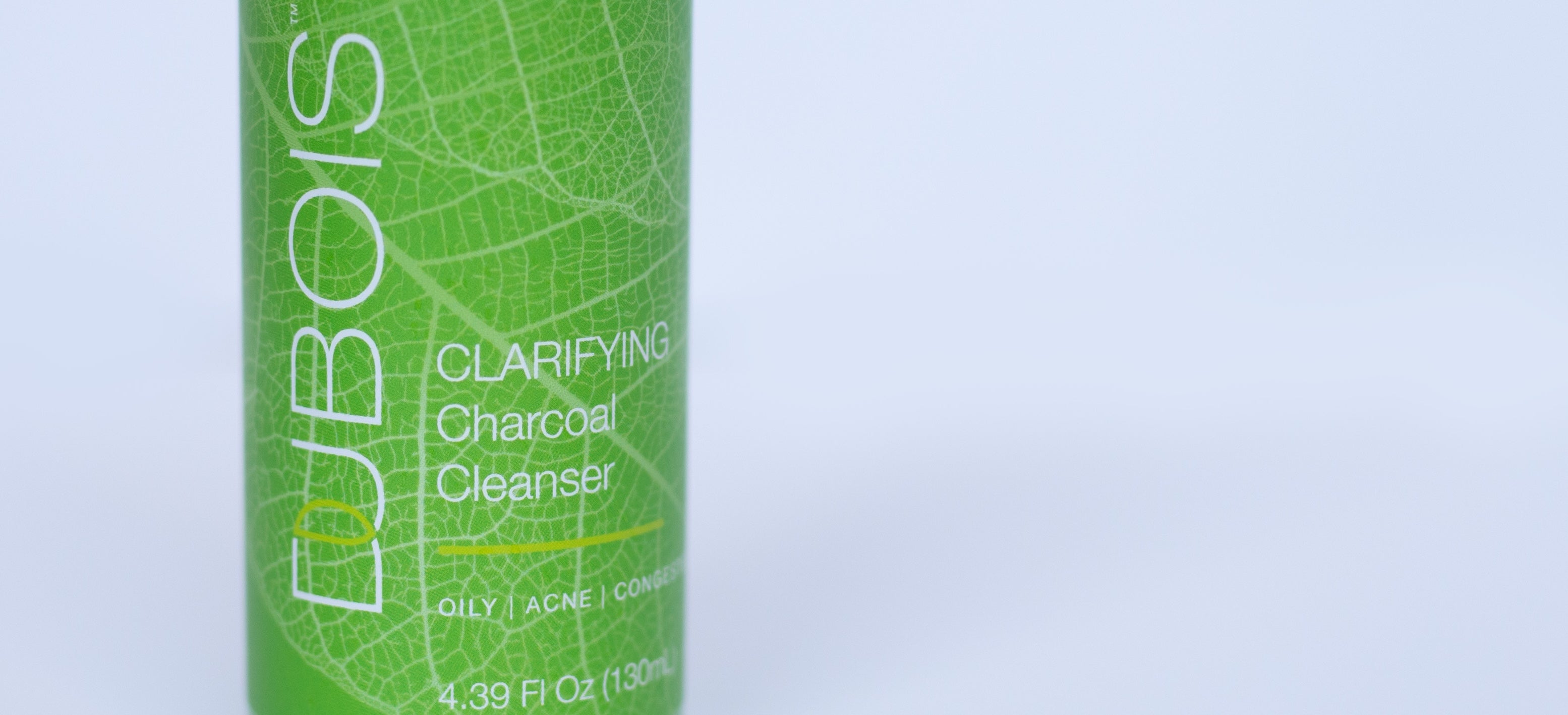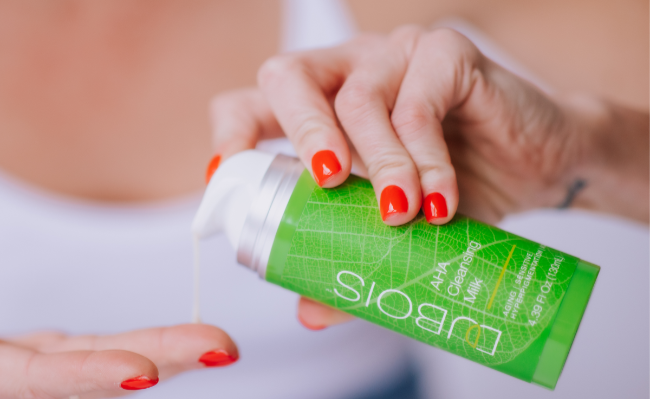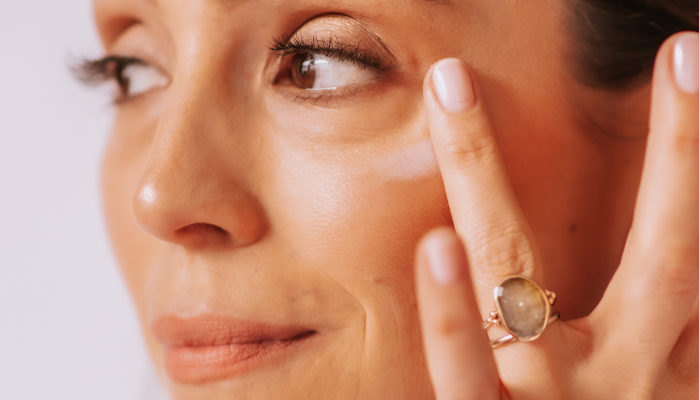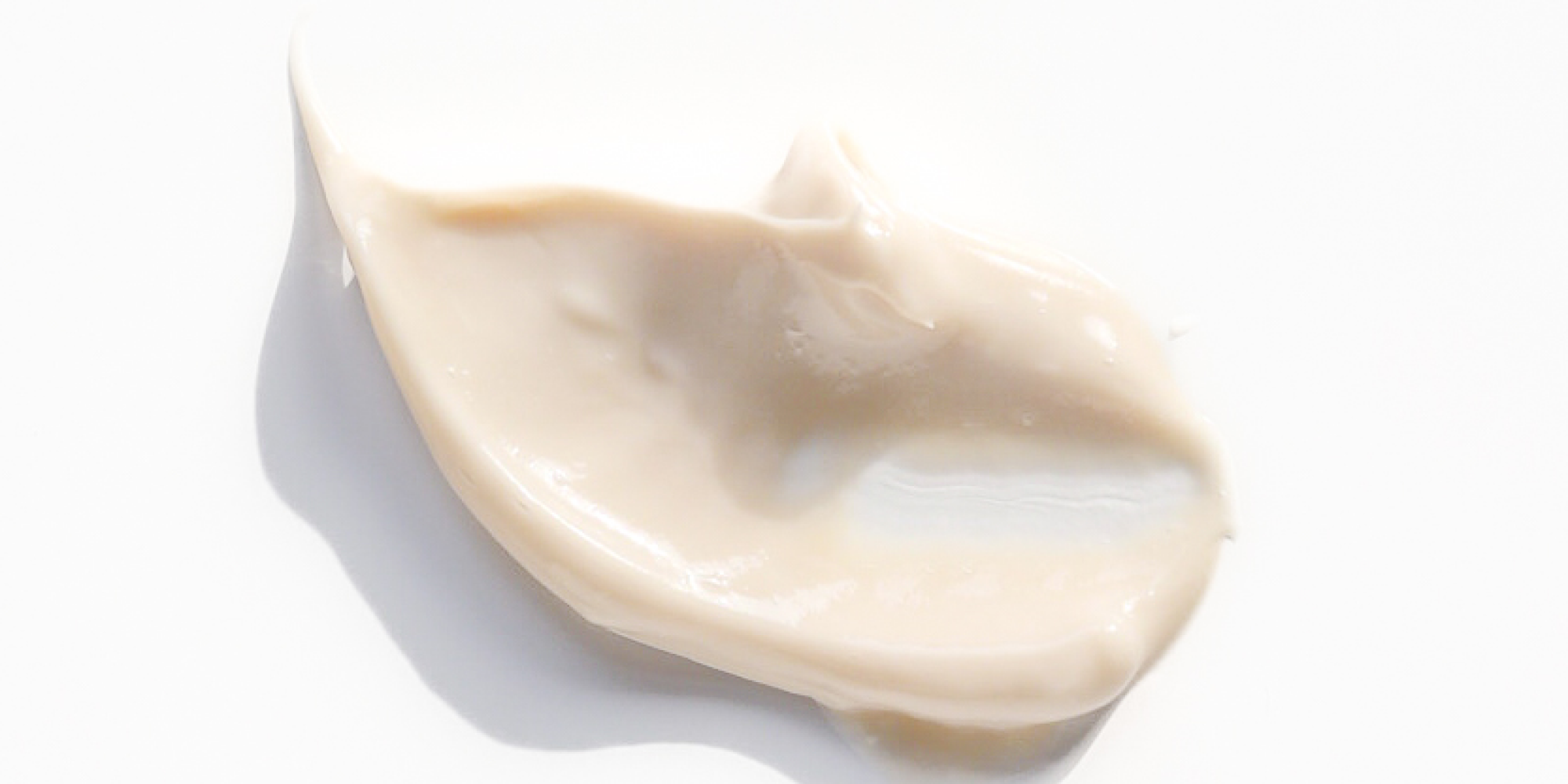Article: Does Tretinoin Help with Hormonal Acne?

Does Tretinoin Help with Hormonal Acne?
Written by Denise Dubois - Published at
Hormonal acne can be frustrating, persistent, and often differs from the typical breakouts many people experience. Unlike acne caused primarily by bacteria or clogged pores, hormonal acne is driven by fluctuations in hormones—often androgens—that increase oil production and inflammation in the skin. Many people turn to prescription-strength treatments, and one commonly discussed option is tretinoin. But does tretinoin really help with hormonal acne? Let’s explore the science, benefits, and considerations.
What Is Tretinoin?
Tretinoin is a topical retinoid derived from vitamin A. It’s widely prescribed to treat acne, photoaging, and other skin concerns. Tretinoin works by:
- Increasing cell turnover: It helps skin shed dead cells more efficiently, preventing clogged pores.
- Reducing inflammation: It can calm acne-prone areas over time.
- Stimulating collagen production: While primarily known for acne, tretinoin also improves skin texture and firmness.
One reason tretinoin can be irritating to the skin is that it is not active immediately upon application—it must first be converted by the skin into its active form, retinoic acid. This conversion process, while effective, can trigger redness, peeling, and sensitivity in some individuals, particularly in the first weeks of use.
By contrast, bakuchiol, a plant-derived alternative, works in a similar pathway to retinol but does not require conversion to be effective. This makes bakuchiol much gentler on the skin, reducing irritation while still offering comparable anti-aging and acne-fighting results. Many people choose bakuchiol when their skin cannot tolerate the dryness or sensitivity that tretinoin can cause.
Tretinoin is typically applied at night due to its sensitivity to sunlight and is available in creams, gels, and microsphere formulations.
How Hormonal Acne Differs from Other Types
Hormonal acne often appears along the lower face, jawline, chin, and neck. Key differences include:
- Timing: Many notice flare-ups in sync with menstrual cycles, menopause, or hormonal changes.
- Cystic nature: Hormonal acne is often deeper, inflamed, and more painful than standard comedonal acne (whiteheads and blackheads).
- Persistence: Even with over-the-counter treatments, hormonal acne can resist conventional topical therapies.
Because hormonal acne is tied to internal factors, addressing only surface issues may not always provide full resolution. For persistent cystic acne, hormone testing may be warranted, including evaluation for conditions such as Polycystic Ovarian Syndrome (PCOS) or other endocrine disorders that affect androgen levels.
The Science: Does Tretinoin Work for Hormonal Acne?
Tretinoin is effective at preventing clogged pores and reducing inflammation, which can indirectly help with hormonal acne. Here’s what research and dermatologists note:
- Cell turnover improvement: By preventing dead skin cells from blocking pores, tretinoin helps reduce the formation of comedones, which can decrease the frequency of breakouts.
- Inflammation control: Retinoids, including tretinoin, have anti-inflammatory effects, helping to reduce the severity of cystic lesions.
- Adjunctive benefit: While tretinoin can improve the skin’s texture and reduce breakouts, it often works best alongside treatments that address hormone levels directly, such as oral contraceptives or anti-androgen medications.
While tretinoin is highly effective, its irritating potential due to the conversion process can limit tolerability for some users. For those with sensitive skin, bakuchiol can be an excellent alternative or complement. Studies show that bakuchiol delivers comparable results in smoothing skin, reducing fine lines, and managing acne, all while being far gentler.
Possible Side Effects and What to Expect
Tretinoin is powerful, but it can cause side effects, especially in the first few weeks of use:
- Redness and irritation: Skin may feel dry or sensitive due to tretinoin’s conversion process.
- Peeling or flaking: A normal response as the skin adjusts.
- Sun sensitivity: Tretinoin increases sensitivity to UV rays, so daily sunscreen is essential.
Starting slowly—such as using it every other night or applying a thin layer—can help your skin build tolerance. Pairing tretinoin with a gentle cleanser and a non-comedogenic moisturizer can also minimize irritation. For those seeking a gentler alternative, bakuchiol provides similar anti-aging and acne benefits without the dryness or redness associated with tretinoin.
Alternatives and Complementary Treatments
If tretinoin alone isn’t enough, several complementary approaches can help manage hormonal acne:
- Dubois Beauty Charcoal Cleanser: Gentle, detoxifying cleanser that removes excess oil and impurities without the harshness of benzoyl peroxide.

- Bakuchiol: Gentle, plant-derived retinol alternative that reduces irritation while still promoting cell turnover and skin renewal.
- Oral medications: Birth control pills or spironolactone can help regulate hormonal fluctuations.
- Professional treatments: Chemical peels, microneedling, or light-based therapies can improve stubborn acne.
- Clean, consistent skincare: Using non-comedogenic moisturizers, gentle cleansers, and antioxidant serums supports skin health.
Integrating these strategies with tretinoin or bakuchiol can lead to better long-term results, particularly when combined with professional guidance.
When to Seek Guidance from a Skincare Professional
Hormonal acne can be complex, and not all treatments are suitable for everyone. Consult a dermatologist or licensed esthetician if:
- Acne persists despite over-the-counter treatments.
- Breakouts are cystic or painful.
- You experience scarring or hyperpigmentation.
- You are unsure about combining tretinoin, bakuchiol, or other medications.
- Hormonal imbalances may be a factor; professional testing can uncover underlying causes like PCOS or other endocrine disorders.
A professional can create a tailored plan, including prescription-strength topicals, oral treatments, and complementary therapies to achieve clearer, healthier skin.
Conclusion: Making Informed Skincare Choices
So, does tretinoin help with hormonal acne? Yes—tretinoin improves cell turnover, prevents clogged pores, and reduces inflammation. However, its need to be converted into active retinoic acid can cause irritation, making it challenging for sensitive skin. Bakuchiol, on the other hand, provides similar benefits without the same level of irritation, offering a gentle yet effective alternative.
For cleansing and maintaining results, using a gentle charcoal-based cleanser instead of harsh treatments like benzoyl peroxide can help protect and balance the skin.
Understanding your skin type, acne triggers, and available treatments empowers you to make informed decisions. With the right combination of care, patience, and professional guidance—including hormone testing when necessary—managing hormonal acne becomes achievable, leaving clearer, healthier skin within reach.





Leave a comment
This site is protected by hCaptcha and the hCaptcha Privacy Policy and Terms of Service apply.